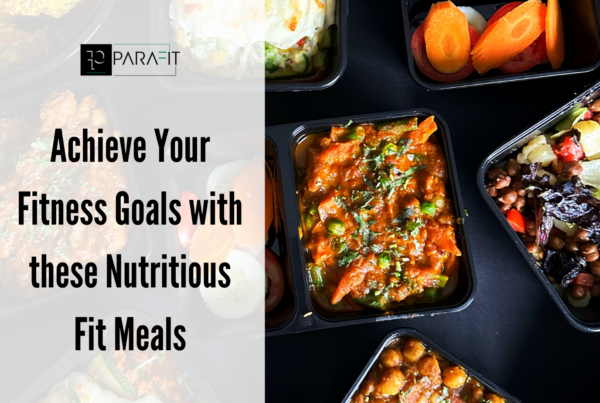MONSOON NUTRITION TIPS
The monsoon is heartily welcomed by everyone after the long, harsh summer. However, the cool wet season also brings various ailments like diarrhea, food poisoning, dysentery, and cholera.
All these diseases are prevalent in the monsoon. So, it is very important to have nutritious food for a healthy lifestyle.
Due to high humidity, the digestive system becomes weak so eating the right food during the monsoon becomes a necessity. A good diet not only helps to cure monsoon ailments but also helps you enjoy the monsoon.
Monsoon: Diet precautions to take during the monsoon
We need to be careful about what we consume during the monsoon. Rains make our digestive system weak which can lead to gas formation and indigestion. So, simply follow these dos and don’ts and enjoy the monsoon without worrying about diseases.
- Wash all fruits and vegetables thoroughly, particularly leafy vegetables and cauliflower, which contain larvae and worms to avoid them if possible.
2. Eat in moderation as the body finds it harder to digest food during the monsoon.
3. Drink warm beverages; add mint or ginger or dry ginger powder to tea.4. Go in for lighter meat recipes like soups and stews rather than heavy curries
- Stick to freshly cooked food.
6. Drink only boiled and filtered water, and consume it within 24 hours of boiling.
7. Drink enough water at safe places like home or in the office, to avoid thirst and the need to drink water outside.
9. In unavoidable circumstances, drink coconut water.
also read : boost your immunity
Monsoon: Fruits and vegetables to be eaten during monsoon
These monsoon refrain from eating when you are not hungry because It can be an invitation to indigestion and illnesses such as jaundice.
1. Moong dal is easy to digest and should be the dal of choice for the season.
2. Garlic, pepper, ginger, asafoetida (hing), jeera powder, turmeric and coriander help enhance digestion and improve immunity.
3. consume non-leafy vegetables such as bottle gourd, pointed gourd, cluster beans, apple gourd and bitter gourd.
4. stick to seasonal fruits because non-seasonal ones tend to be infested with worms during the monsoons. Among fruits, stick to pomegranates, mangoes, bananas, apples, litchees and cherries.
Monsoon: Foods to avoid during the monsoon
1. Avoid eating cut fruits and vegetables from outside vendors and order food from ParaFit Delivers
2. Avoid eating chaats, and fried food such as pakoras and juices from the roadside.
3. When eating out, choose restaurants that conform to basic standards of quality and hygiene, in order to avoid contracting serious infections such as viral fever, diarrhea and other water-borne diseases.
4. If you are out and hungry instead of eating samosas, golgappa, vada pav, etc. go for bhunna channa, homemade chikki, ladoo or whole fruits.
5. Don’t purchase vegetables in bulk. Buy only what is required on alternate days to stock fresh vegetables.
6.Enhance immunity by eating more vegetables, whole fruits, foods rich in antioxidants, Vitamin A, Vitamin C, Vitamin E, Selenium and B12.
7. It is best to avoid salty and heavy food since it promotes bloating, high blood pressure and water retention.
8.Heavy oils like mustard and sesame can make the body vulnerable to infections. Oils, which can be used, for cooking during the rainy season are olive or corn.






